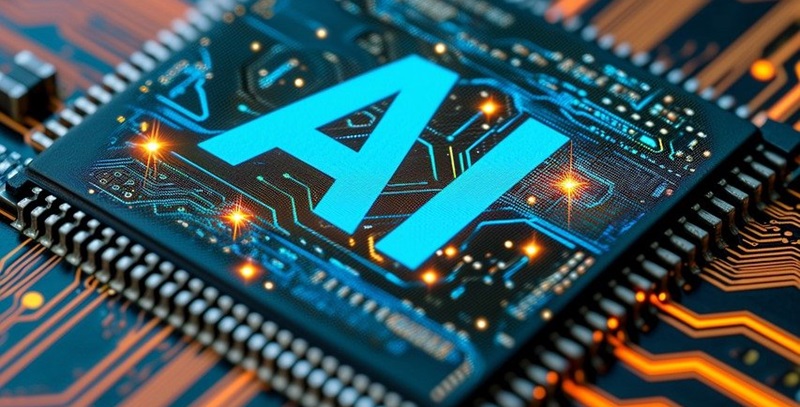The European Union (EU) has been cautioned by researchers who believe that it is placing too much control and development of artificial intelligence (AI) in the hands of the United States. Concerns have been raised about the EU’s dependency on American companies for AI advancements and the potential negative impact on scientific innovation and economic growth within Europe.
EU Commission’s Support for AI Development
In response to these concerns, the EU Commission has announced its commitment to supporting AI development within Europe. The commission plans to intensify its support for European start-ups and small and medium enterprises (SMEs) in order to foster the creation of trustworthy AI that aligns with EU values and regulations.
Risks of eliminating open-source R&D
Experts have warned that eliminating open-source research and development (R&D) in Europe could result in a heavy reliance on foreign proprietary firms for essential AI infrastructure. This would not only limit the autonomy of the European scientific community but also create critical vulnerabilities in the economy, as a handful of foreign companies would hold significant control over crucial AI technologies.
Measures in the new AI package
As part of its efforts to foster AI development, the EU Commission has introduced a comprehensive AI package. This package includes various measures designed to support start-ups and encourage innovation. For example, start-ups and SMEs will have privileged access to supercomputers, enabling them to leverage powerful computing capabilities to advance their AI projects. Additionally, AI Factories will be established to provide infrastructure and resources for AI development.
Creation of the EU AI Office
To ensure effective coordination and implementation of AI policies, the EU Commission will establish an AI Office at the European level. This office will be responsible for developing and coordinating AI policies, as well as enforcing the AI Act. By centralizing AI-related decision-making processes, the EU aims to streamline efforts to develop trustworthy and responsible AI technologies.
EU AI Start-up and Innovation Communication
The EU has outlined its commitment to providing financial and equity support to AI start-ups, aiming to facilitate their growth and success in the market. The EU will also implement initiatives like Common European Data Spaces, which aim to address data-sharing challenges, promote collaboration, and stimulate innovation among AI start-ups.
Formation of European Digital Infrastructure Consortia
To further bolster AI development and infrastructure within Europe, the EU Commission plans to establish two European Digital Infrastructure Consortia. These consortia will focus on developing common European infrastructure in language technologies and AI tools. This collaborative approach aims to enhance the capacities and competitiveness of European AI companies and researchers.
Investment in European AI companies
Despite concerns about the EU’s dependency on the US, significant investments have already been made in European AI companies, totaling almost $35 billion. However, this still pales in comparison to the over $130 billion invested in American AI companies. The EU recognizes the importance of bridging this investment gap to ensure the development and growth of its own AI industry.
US Leadership in AI
Although China has made significant strides in AI development, the US remains the global leader in absolute terms. With extensive investments, a thriving ecosystem, and numerous AI breakthroughs, American companies and research institutions continue to drive innovation and set the pace in the AI field. In comparison, the EU has struggled to keep up and must take decisive action to close the gap.
Emphasis on the EU AI Act
The EU Commission stresses the significance of the EU AI Act in supporting the development and deployment of trustworthy AI within the region. This regulatory framework aims to ensure that AI systems meet ethical and legal standards while addressing potential risks and challenges. By promoting the responsible development and use of AI, the EU aims to build public trust and ensure alignment with European values and regulations.
As the EU recognizes the risks associated with its overreliance on the US for AI development, it has taken significant steps to strengthen and promote AI innovation within Europe. By providing support to startups, establishing AI factories, creating an AI Office, and developing robust digital infrastructures, the EU aims to foster a thriving AI ecosystem that aligns with its values and positions Europe as a leading force in AI research, development, and deployment.

